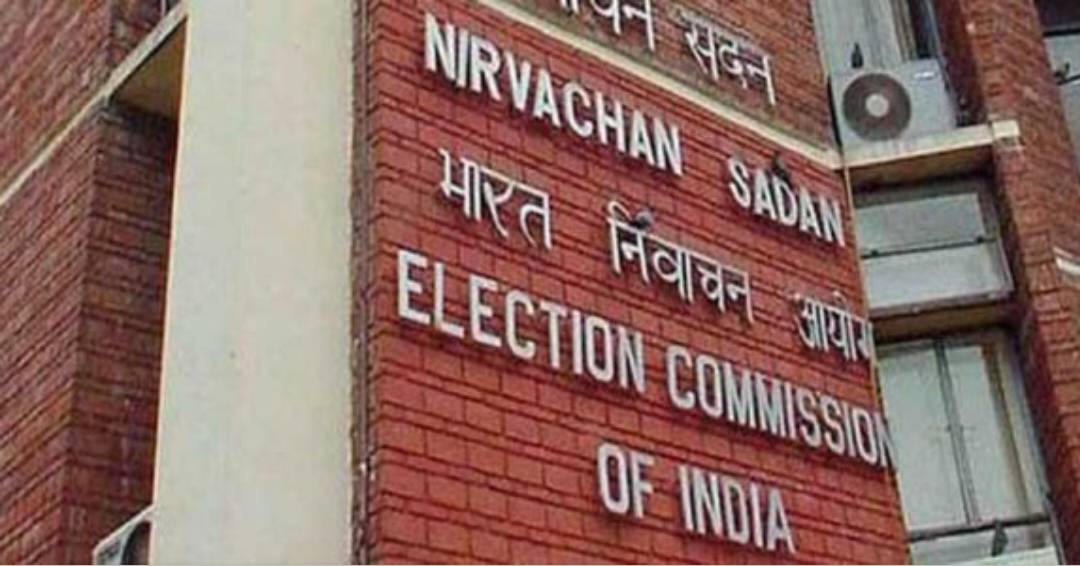
The recent introduction of a new Bill in the Rajya Sabha by the government has stirred discussions around the composition of the panel responsible for selecting the Chief Election Commissioner and election commissioners. The Bill, presented by Law Minister Arjun Ram Meghwal, proposes a shift from the existing structure which includes the Chief Justice of India (CJI) to one comprising a Union minister alongside the Prime Minister and the Leader of the Opposition in the Lok Sabha.
This move follows a Supreme Court ruling that endorsed the presence of the Prime Minister, the CJI, and the Leader of Opposition in the selection panel until a parliamentary law is established for the appointment of these officials. The proposed Bill envisions a three-member panel led by the Prime Minister, with representation from the Leader of Opposition in the Lok Sabha and a Union minister.
The rationale behind the introduction of this Bill stems from several reasons:
– The current Election Commission (Conditions of Service of Election Commissioners and Transaction of Business) Act, 1991 lacks provisions for qualifications, search committee formation, and other related matters.
– In March, the Supreme Court directed the President’s involvement in the appointments, functioning as per committee recommendations including the Prime Minister, Leader of the Opposition, and CJI, until a new law is enacted.
– The Supreme Court ruling sparked from petitions seeking a more transparent collegium-style process for appointing election commissioners and the Chief Election Commissioner.
The significance of maintaining the independence of the Election Commission is paramount. In the Indian democracy, the smooth functioning of institutions responsible for upholding democracy is pivotal. Each constitutional institution plays a distinct role, contingent upon the responsible individuals running them with accountability to the people.
The Election Commission of India, a constitutionally established entity, holds the vital duty of ensuring the democratic process’s continuity. To strengthen democracy, it is crucial that the institution remains independent, transparent, and accountable. Just as other institutions function independently, the appointment of heads and members of the Election Commission must also be insulated from external influences, preserving their neutrality and effectiveness.
An election commissioner’s role is one of great responsibility, accountable to the nation. Their impartiality, resilience against powerful interests, and commitment to justice contribute to the foundation of democracy. A neutral stance, unbiased decisions even in challenging times, and safeguarding the weak and just are hallmarks of true independence.
Avoiding any perception of appointing mere “yes men” ensures that the democratic promise remains unbroken. With the contemporary challenges of criminalized politics, financial influence, and media partiality, the Election Commission’s role becomes paramount.
In this context, it’s crucial that the Election Commission’s decisions earn public trust, maintaining the sanctity of the democratic process. Arbitrary decisions risk eroding trust, casting doubts on impartiality and compromising the democratic framework.
Therefore, safeguarding the Election Commission’s independence from internal and external pressures is of utmost importance. Its functioning must inspire confidence among citizens, especially given that voting is a lifeline for many seeking a brighter future. Any erosion of this power could profoundly affect the essence of Indian democracy.
Ultimately, a robust democracy hinges on unwavering efforts from all stakeholders. The electoral process, representing the voice of the people, stands as a testament to the democratic principles upon which the nation is built. This process, marked by transparency, fairness, and accountability, ensures that democracy’s fruits are truly enjoyed by all.

Post Your Comments